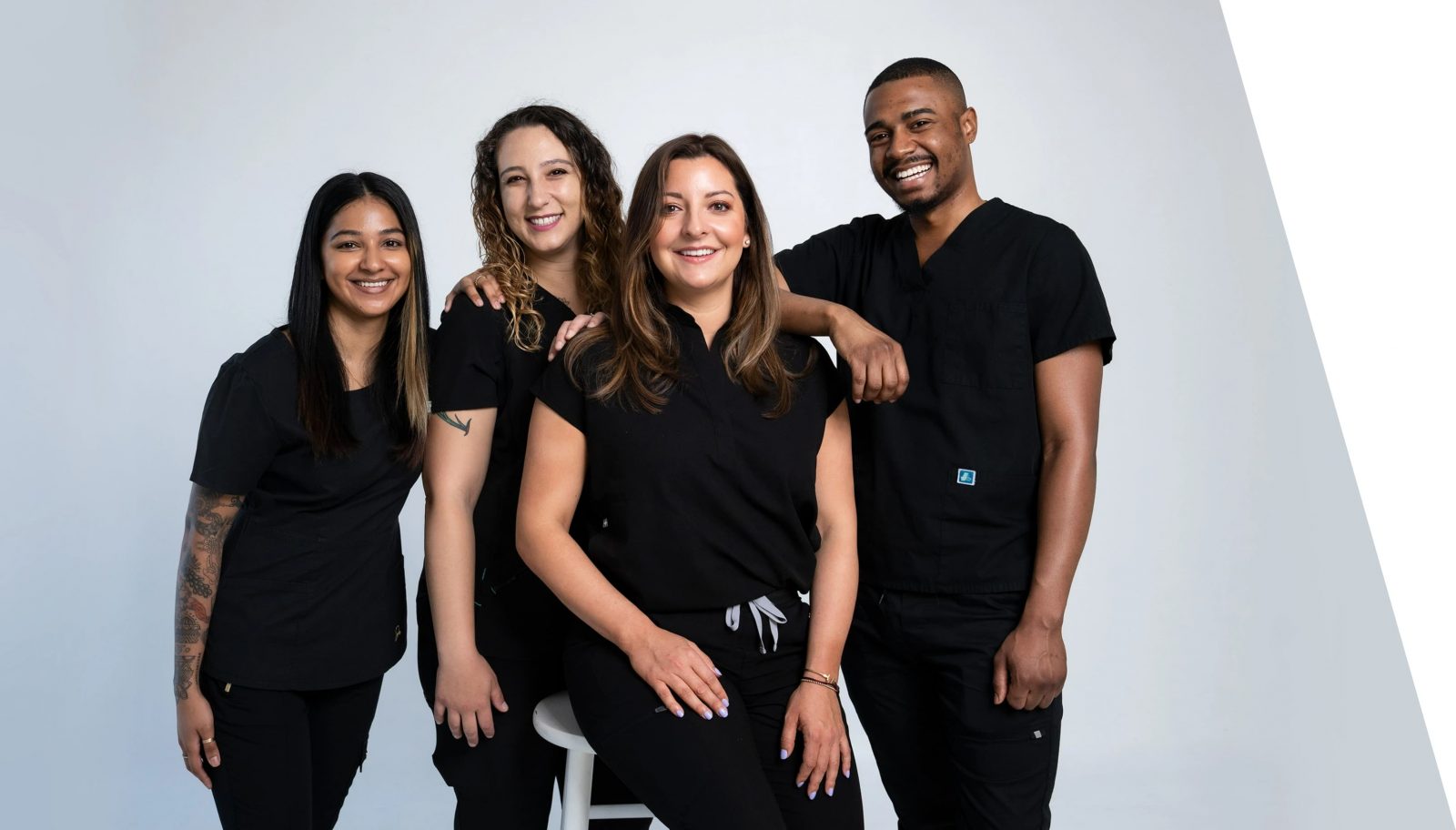Healthy and beautiful teeth are essential for our overall dental health and self-esteem. Smiling often is easier when we are confident about the appearance of our teeth. With beautiful pearly whites, we don’t have to worry about making good impressions. This also makes biting and chewing food easier, not to mention the ease of pronouncing words correctly. But to pull these off, we must invest in regular dental checkups and preventative care.
Find out the benefits of going to the dentist, along with how often, and what to expect in a dental check-up.
What Is A Dental Check Up?
A dental check up is when your dentist examines your teeth and gums to assess their overall health. During the appointment, your mouth will be checked for signs or symptoms of dental disease, decay, cavities, and other dental problems. If there are present issues, your dentist will perform preventative care such as cleaning, filling cavities, and other necessary treatments. Before you leave the dental clinic, your dentist will advise you on good oral hygiene practices to keep your teeth and gums healthy.
It’s worth noting that a qualified dental hygienist can be a part of the dental checkup, as they may perform some preventive care treatments, such as scaling and polishing.

What Are the Advantages of Regular Dental Checkups
Here are various reasons why going to the dentist is important:
- To catch potential oral health problems early on. Your dentist can spot early signs of gum disease and cavities during a dental check-up. This allows for easy treatment before the damage worsens.
- To get professional teeth cleaning. Regular dental check ups include thorough scaling and polishing of the teeth to remove tartar build-up and to clean between the teeth. This is important as it prevents gum disease and improves the overall condition of your mouth.
- To maintain good oral hygiene. A dentist or dental hygienist can provide personalized advice on keeping your teeth and gums healthy between visits. While everyone knows that brushing and flossing teeth is important for dental health, certain techniques may only be taught by a dentist/dental hygienist. For instance, they can tell you what foods to avoid, which toothbrush best suits your mouth, and how often to floss.
- To get fluoride treatments. A teeth check up may also involve a fluoride treatment that helps protect your teeth from cavities or decay, if recommended. Fluoride strengthens the enamel of your teeth, making them more resistant to acid attacks caused by sugar and bacteria.
- To prevent bad breath. Regular dental cleanings included in your checkup can help with bad breath. This condition can result from periodontal disease and poor oral hygiene. Your dentist/dental hygienist can prescribe antibiotics and perform a deep cleaning to eliminate the bad bacteria, causing odor.
- To get professional scaling and polishing. During a routine dental check up, dentists/dental hygienists also do scaling, which removes tartar or calculus build-up around the gums or between the teeth. This helps reduce the risk of gum diseases, such as gingivitis and periodontitis. It also removes stains accumulated over time, leaving your teeth brighter and whiter looking than before.
View this post on Instagram
How Often Should You Get Routine Checkups at the Dentist?
How often should you go to the dentist for a check-up depends on a few factors, such as oral hygiene habits, lifestyle, health history, and age. But most dentists/dental hygienists recommend getting a routine checkup every six months or twice a year, for healthy teeth and gums.
For instance, someone with a history of gum disease due to poor oral health may need to go more frequently than someone with no issues. Or a young adult who has never been regularly examined may need to visit the dentist every three months. On the other hand, heavy and recreational smokers are advised to visit their dentist at least 3 to 4 times per year.
It is essential to keep track of your dental health and discuss the most suitable intervals for checkups based on your personal circumstances and needs with your dentist.

What Can You Expect During A Dental Check-up Procedure?
During a dental checkup, here’s what you can expect:
- Asking about health and dental history. Your dentist or dental hygienist will ask questions about your health, lifestyle, and relevant medical history. This helps in understanding the best possible treatment plan for you.
- Examining the gums and soft tissues. Your dentist or dental hygienist will check your gums for inflammation and signs of recession to determine if you have gum disease. They’ll also inspect the tissue lining inside your mouth, looking for spots or lesions that may indicate a more serious condition like oral cancer.
- Providing advice on dental care. Your dentist or dental hygienist will provide personalized advice on improving oral health between visits, such as brushing and flossing techniques, dietary recommendations, and tips on avoiding tooth decay.
- Cleaning the teeth. One of the most significant importance of regular dental visits is professional teeth cleaning. It involves using a special instrument to remove plaque, tartar, and debris from the surface of your teeth and between them. They may also floss around each tooth and use an antiseptic mouthwash to kill bacteria that cause bad breath.
- Checking for cavities. Visiting your dentist regularly allows them to check for cavities. Remember that if these are not treated, they can result in more severe problems, such as an abscessed tooth or gum disease. Your dentist will use special tools like probes and X-rays to look for signs of decay in your teeth. If they detect any cavities, they can fill them immediately or recommend further treatment depending on their severity.
- Applying fluoride treatments. Depending on your circumstances, the dentist or dental hygienist may apply a fluoride treatment to help protect your teeth from cavities or decay. Fluoride strengthens enamel and helps keep teeth healthy by preventing acid attacks caused by sugar and plaque.
- Oral cancer screening. Early detection of any signs or symptoms of an oral disease like cancer can make a difference in successful treatment, such as oral surgery. That’s why dentists recommend this as a part of your routine checkup. Adults over 20 should have a screening every three years, while it should be included in an annual dental exam of those over 40. This is done by checking for any abnormalities in your mouth that could be signs of early stages of oral cancer, such as sores on the tongue, discoloration of the gums and lips, and swollen lymph nodes on the sides of your neck.
How Long Do Dental Check Ups Take?
This varies depending on your oral health and dental needs. Generally, a routine dental checkup will take between 30 to 60 minutes. This may be shorter if you’re just having your teeth cleaned and longer if you’re also having X-rays taken, getting a cavity filled, oral cancer screening, or other procedures necessary.
For instance, a patient with a complex medical history or oral diseases may need more than an hour because of the extra tests and treatments that may be required. The dentist may need additional time to diagnose your condition and provide the necessary treatment accurately. These include asking for your medical history, conducting a physical exam of your mouth, and taking X-rays if necessary.
Final Thoughts
Dental checkups are a crucial part of maintaining good oral health. They help detect any dental problems early on and provide preventive care before they become major. They also let you keep up with the latest treatments and techniques that can improve your overall oral health conditions. As a rule of thumb, you should see your dentist every six months, but it can be more frequent, depending on your circumstances. Talk to your dentist about the best plan to ensure your smile looks and feels its best.
Book now



